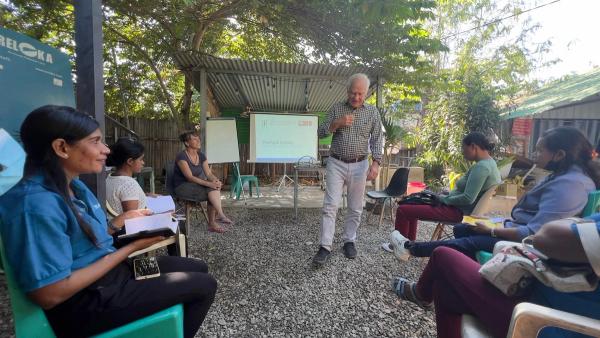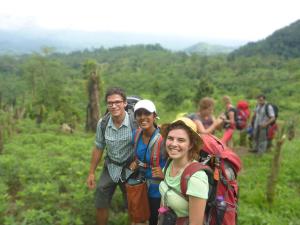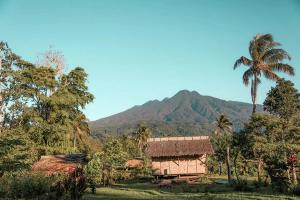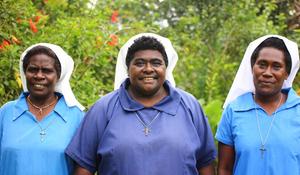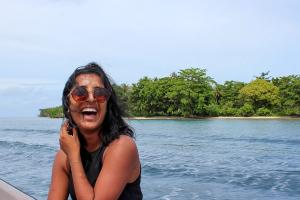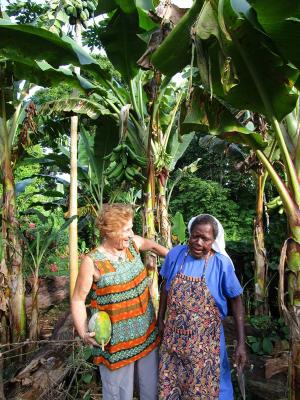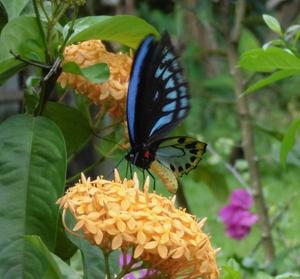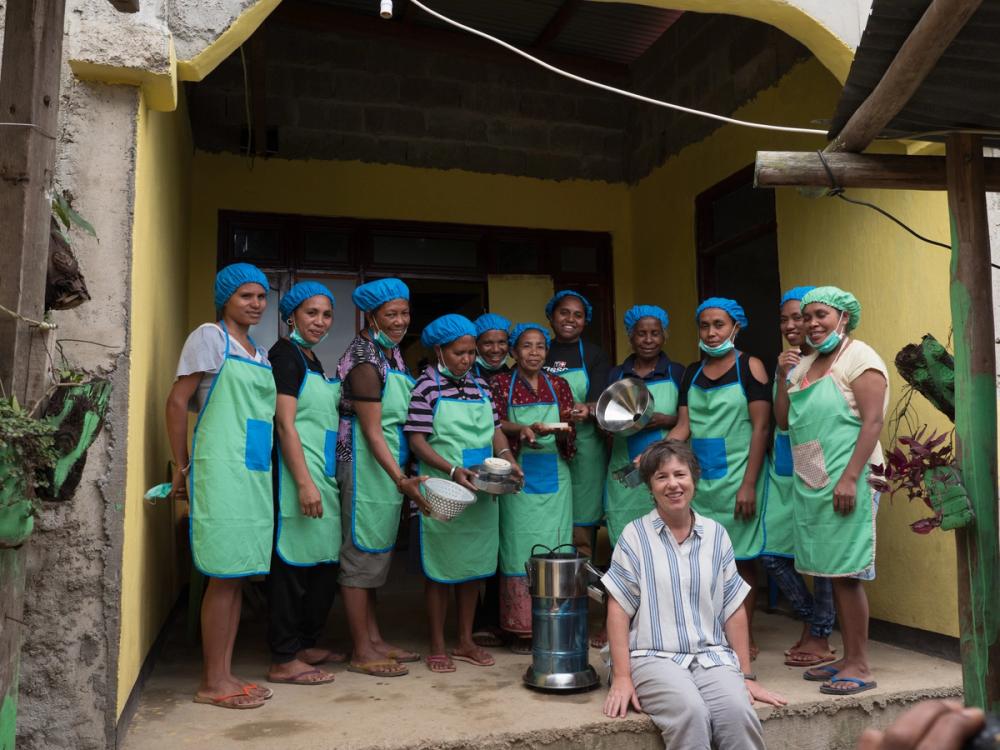

Timor-Leste
A young nation charting a path to resilience
Timor-Leste (formerly East Timor) is one of the world’s newest nations, having gained independence in 2002 after a long and violent struggle against Indonesian occupation. Located in Southeast Asia, the country is home to approximately 1.2 million people and continues to rebuild its institutions, infrastructure, and economy following decades of colonisation and conflict.
The country has made impressive strides in nation-building but continues to face development challenges. With 62% of its population under the age of 25, Timor-Leste’s future hinges on youth empowerment, public service strengthening, and sustainable economic diversification. While offshore oil and gas reserves have provided significant government revenue, reliance on these non-renewable resources is unsustainable, prompting investment in alternative sectors like coffee exports and small business development.
Our work in Timor-Leste
Since 2002, VSA has worked in partnership with Timorese communities, NGOs, government institutions, and international organisations to support the country’s social, economic, and environmental development.
Our work includes:
1
Youth entrepreneurship and business development
Supporting young professionals to create jobs and income-generating enterprises through training, mentoring, and capacity building.
2
Governance and institutional strengthening
Helping government agencies and civil society improve public service delivery and organisational management.
3
Education and early childhood development
Building teaching capacity and resources at community and national levels.
4
Community economic empowerment
Through partnerships like HAFOTI, we support women-led cooperatives that are enhancing food security, improving nutrition, and generating income through exports.
5
E-volunteering and local volunteer pilot programmes
In response to recent global trends, VSA has expanded remote and national volunteer initiatives to maintain development impact.
Economic context
Timor-Leste is the world’s second most oil-dependent economy. Offshore petroleum revenues fund most government services, but this model is not sustainable in the long term. The government is prioritising economic diversification, with coffee production leading private-sector exports. Aid continues to support infrastructure, construction, and essential services. Challenges include limited workforce experience, poverty, and post-conflict recovery needs.
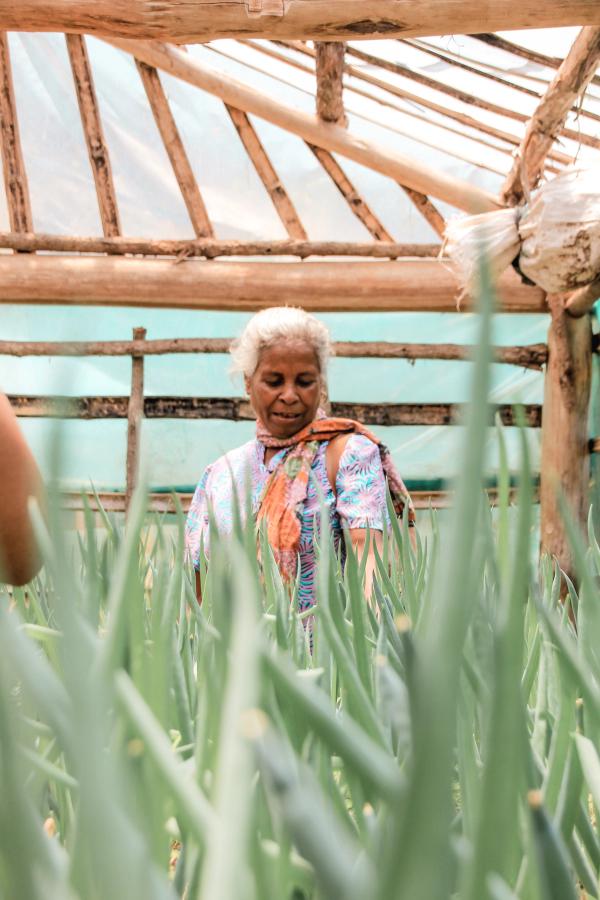

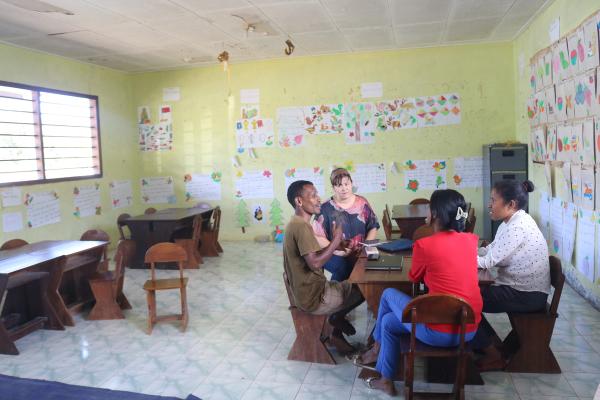

Development challenges
Timor-Leste’s development is shaped by its recent history and youthful demographic. Key issues include:
- Infrastructure reconstruction and urban development
- High youth unemployment and limited vocational training
- Capacity gaps in governance and public services
- Health system limitations and environmental vulnerabilities
- Over-reliance on fossil fuel income
VSA volunteers play a critical role in supporting local leaders and institutions to build resilient, inclusive communities and a self-sustaining economy.
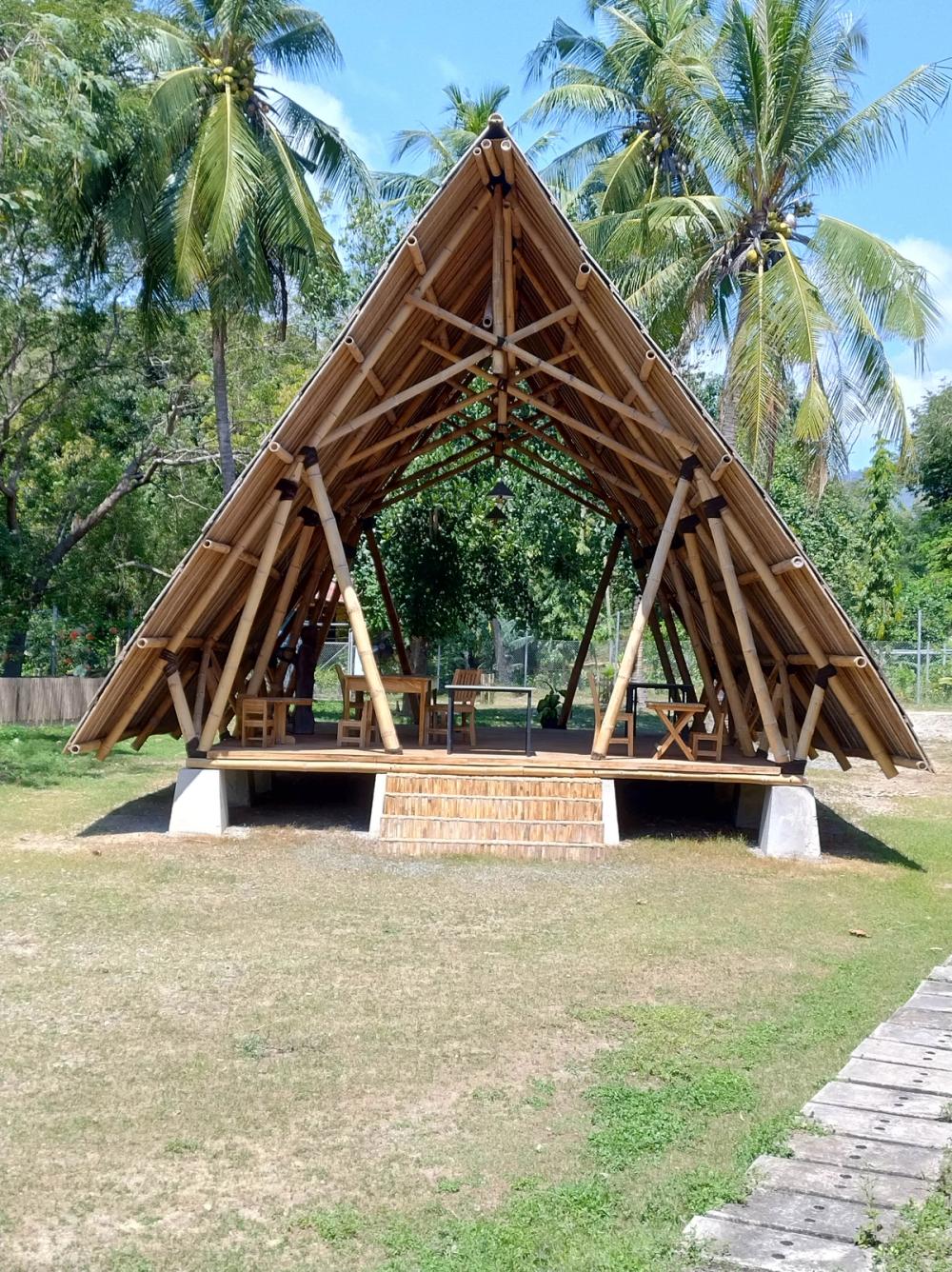

Things to consider when living and volunteering in Timor-Leste
1
Language and culture
VSA assignments last up to two years, so local language training is important. We provide a two-week Tetun language training course at the start of assignments and ongoing training thereafter.
Understanding local customs is vital to a successful assignment. In Timor-Leste there is great importance placed on greetings and first impressions. It’s important to remember to engage in ‘small talk’ before getting down to business. Try to avoid negative statements and make people lose face. Under no circumstances should you criticise or correct someone in front of a group – it would be more appropriate and acceptable if you were to do this in private.
2
Housing and living conditions
We provide our volunteers with basic, furnished accommodation.
Electricity supply in Dili can be erratic.
The town water supply is either government-supplied, pumped from the mountains (unreliable), or from individual household wells, although neither source is entirely reliable. Some houses have an Asian water container (called a bak mandi in Bahasa Indonesia) for non-supply periods, buckets also work. All drinking water is bottled water.
3
Dress standards
Timor-Leste is a conservative country, and some western style clothing is not appropriate. Loose-fitting, light, cotton clothing is best. For men choose long pants, and short- sleeved collared shirts and closed shoes (no toes showing) for work. For women, dresses, skirts and short-sleeved shirts (covering shoulders) are commonly worn in work situations. Revealing clothing should not be worn in public places including churches and markets.
4
Health
Malaria has been prevalent in Timor-Leste, but there has not been a case in Dili for more than five years and the WHO is reconsidering recommendations. Malaria prophylaxes are only required in some districts during the rainy season. Other precautions are always recommended, such as insect repellent and long sleeves/trousers in the evening if outside and a mosquito net if you are staying outside of Dili. Dengue Fever is also prevalent and common. Skin infections can develop quickly so have a good supply of plasters, antibiotic cream and antibiotics. Medical and dental facilities are limited; expatriates go to one of two private clinics. Health care is basic, and you’ll need to be responsible for managing your own health while on assignment. There are no safe overnight hospital facilities in Timor-Leste for expatriates and any major trauma will require evacuation to Darwin or Bali.
5
Safety
We provide all selected volunteers with a thorough security briefing prior to departure and specific local issues are covered during in-country orientation. Despite the generally stable situation in Timor-Leste, security incidents do occur, and you should maintain a level of personal security awareness as you go about.
6
Banking and Finances
Volunteers are required to open a local US dollar bank account once their visa has been approved (approximately 2 months after arrival), where monthly living allowances are paid into. There are ATMs in Dili, and some are accessible 24 hours. ATMs are subject to occasional downtimes due to a lack of electricity and often run out of cash. When they are offline, cash can be obtained from the bank but only out of a local account. The local currency is the US dollar with Timorese coins. There are NO MASTERCARD facilities in Timor-Leste. There is only Visa. Paying by credit card or debit card is rare, this is predominantly a cash-based economy.
7
Cell phones and email
Cellular phones have good coverage in and around Dili and Timor-Leste. Different suppliers have different coverage, so some volunteers have multiple sim cards if they travel regularly outside of Dili. Landlines are uncommon but can be used for both local and international calls.
Internet connections can be slow compared to New Zealand. All internet is via satellite and distributed via a mobile connection, there are plans for high-speed sea cable from Australia to be operational by around 2021/2. Unlimited internet on 4G is available for around USD50 per month. Most volunteers can access Netflix.
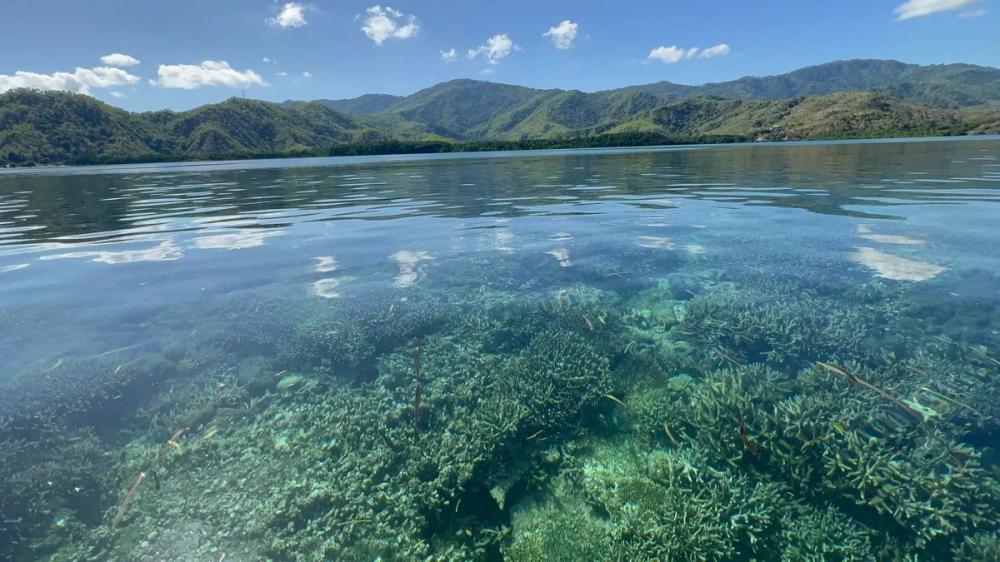

Coastal Conservation in Timor-Leste
Open positions
Let’s work together to create meaningful change.
Want to become a partner?
We work in partnership with government agencies, NGOs, and community groups to share skills, strengthen systems, and support locally driven development.
If your organisation could benefit from volunteer expertise in areas like education, health, agriculture, governance, or climate resilience—we’d love to hear from you.
